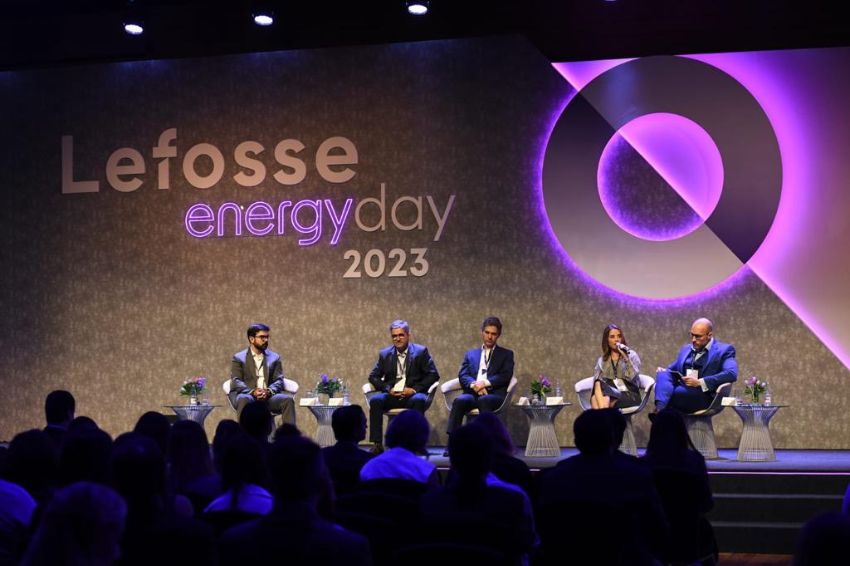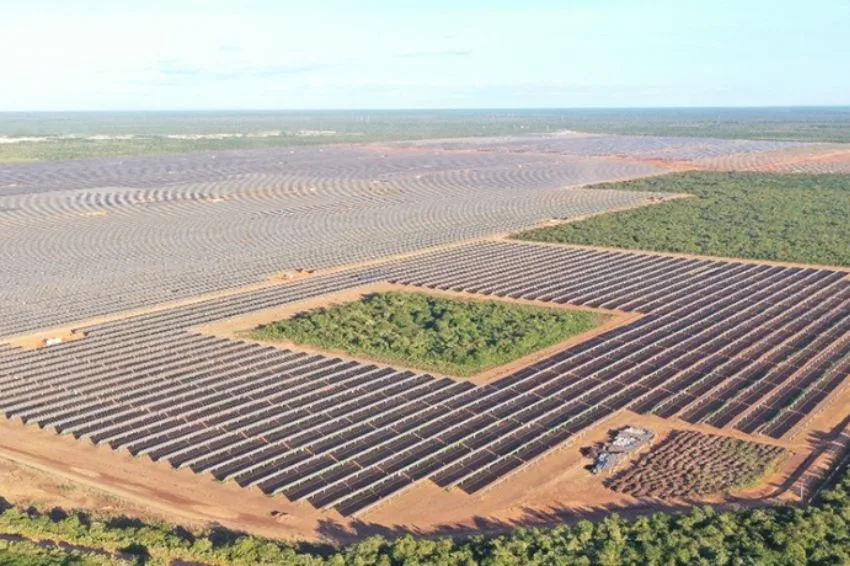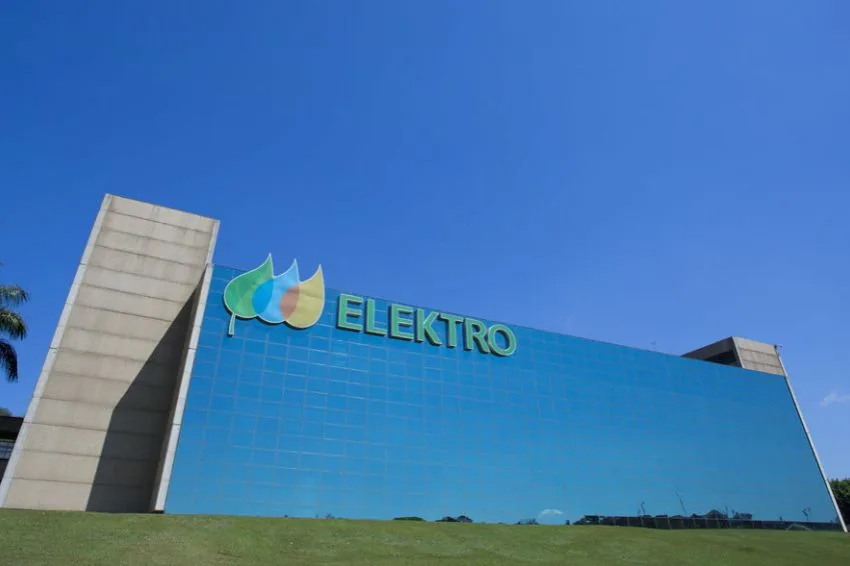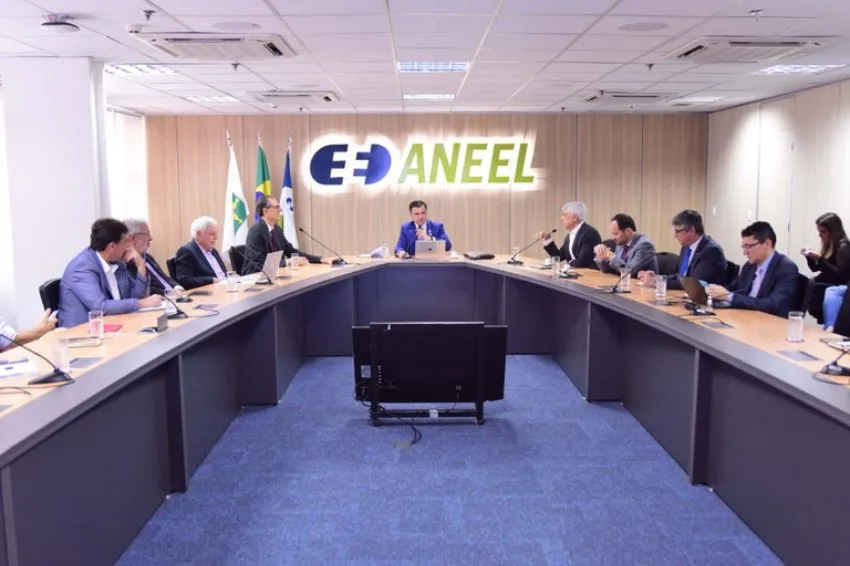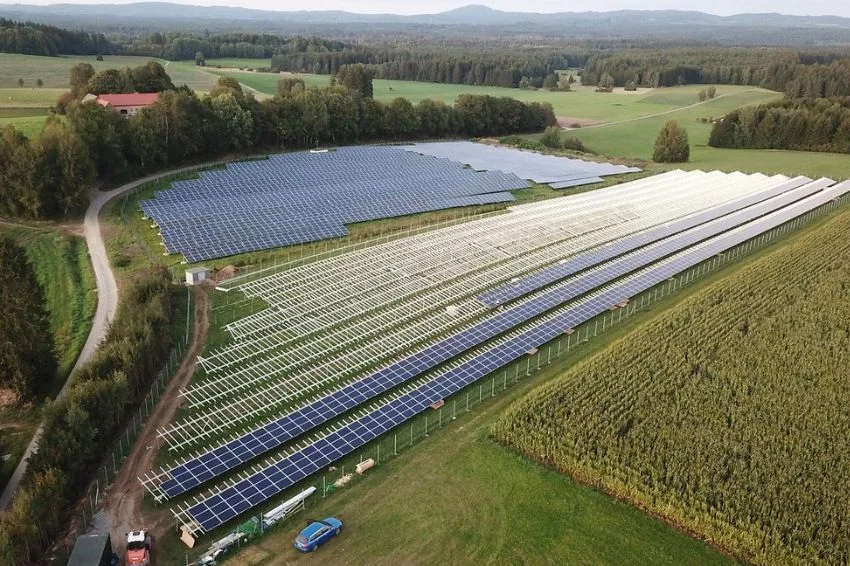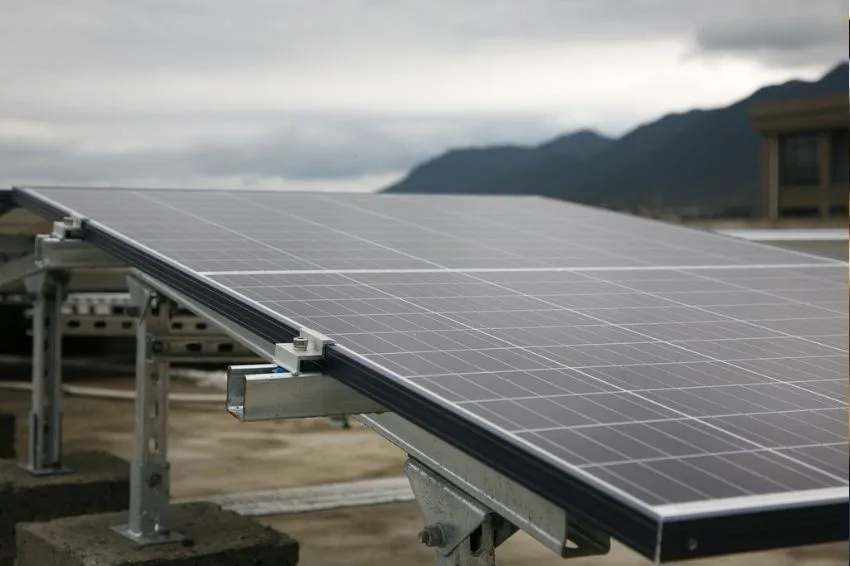O photovoltaic energy sector is aware of the possible impacts that the tax reform can cause in the solar market service chain.
The concern is with a possible increase in the rate of ISS (Service Tax), which could increase the costs of O&M (operation and maintenance) of major projects.
This was one of the main topics discussed during the panel “Evolution of Distributed Generation: Paths to the Democratization of Access to Energy and its Tax Aspects” at Lefosse Energy Day, event held in São Paulo this Wednesday, 23.
“In the tax reform there is talk of an increase of almost 25% in the rate of service provision”, warned lawyer Pedro Dante, Energy partner at Lefosse.
For Dante, there is still time for the energy sector to get closer to the tax reform debates and somehow manage to reduce the impacts on the solar energy market. The tax reform was approved by the Chamber of Deputies and awaits deliberation by the Senate.
Another topic discussed at the event was the growth of the subscription solar energy model and the possible obstacles that could impede the advancement of distributed generation in Brazil.
The speakers' perception is that DG is an “unstoppable” movement and distributors will have to prepare the electricity grid to be able to meet the demand for new plants.
Also participating in this panel were Guilherme Chrispim, executive president of ABGD (Brazilian Association of Distributed Generation); Surya Mendonça, CEO of Órico Energia; and Rafaela Canito, Tax Consuel of Lefosse.
Challenge of incentives for green hydrogen
The second panel – “Energy Transition: Concrete Perspectives and Challenges” – focused on discussing the challenges of developing the hydrogen industry in the country.
For Heloisa Esteves, director of Petroleum, Natural Gas and Biofuels Studies at EPE (Energy Research Company), it makes sense for Brazil to have regional hubs for hydrogen production, as in Ceará, since the transport chain makes projects more expensive. .
She agrees that the development of green hydrogen needs incentives, as long as it does not increase energy tariffs. “There is no more room to increase the tariff,” he stated.
Macel Haratz, CEO of Comerc Eficiência, argues that Brazil's vocation is in the production of green hydrogen, since there are other more competitive countries along the natural gas route.
According to the executive, Brazil needs to create regulation that offers legal certainty to attract foreign investments to this market.
“There are moves that can be made without increasing costs for energy consumers and increasing the competitiveness of green hydrogen,” said Haratz.
In the view of lawyer Raphael Gomes, Energy partner at Lefosse, one of the ways to reduce the cost of green hydrogen capex is to classify projects as self-production, mainly due to the absence of payment of charges such as the CDE (Energy Development Account), Proinfra and ESS (System Service Charge).


